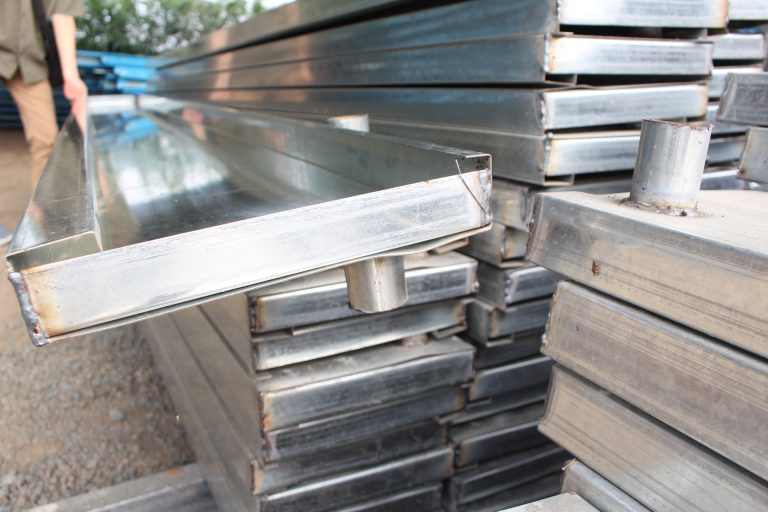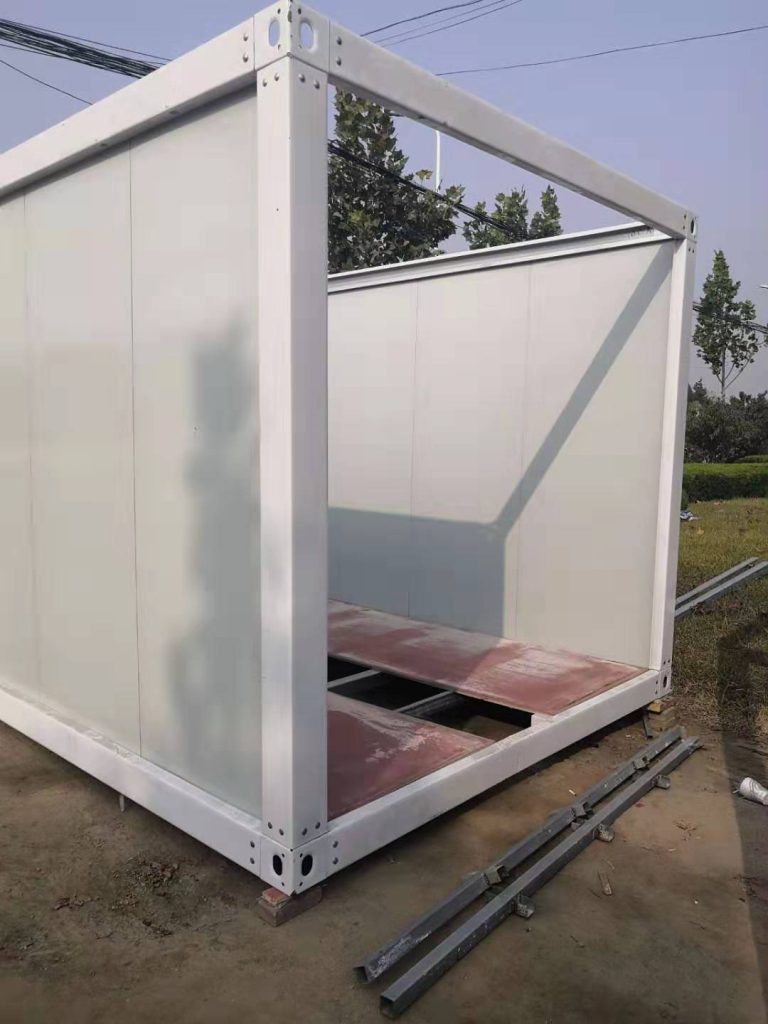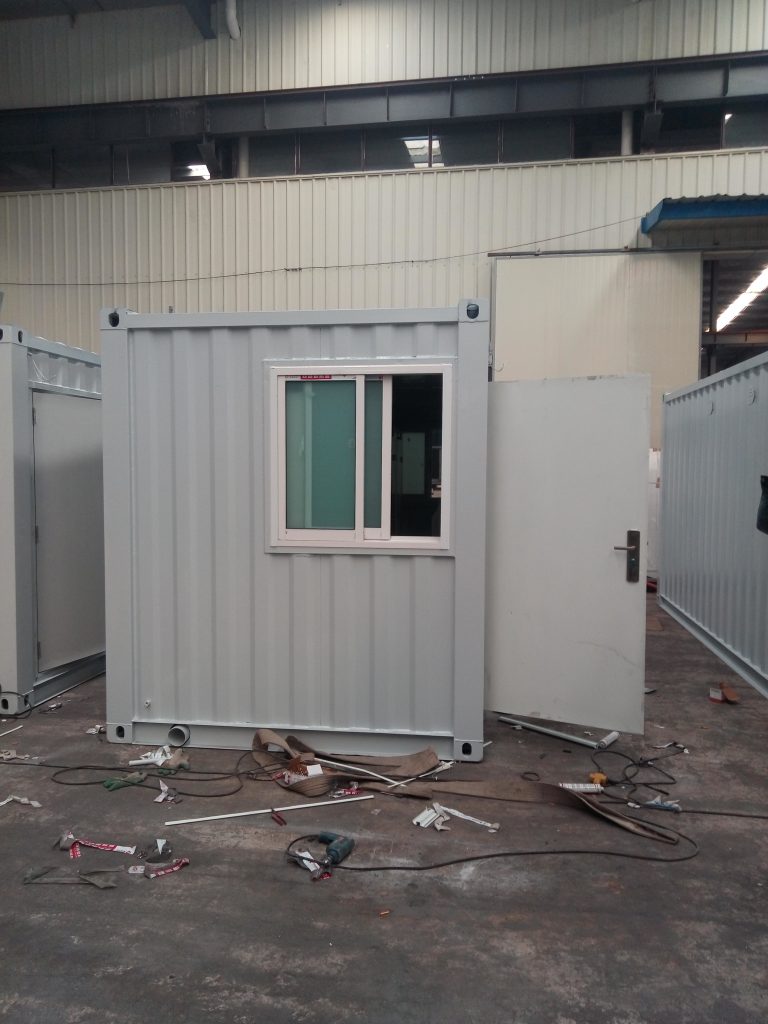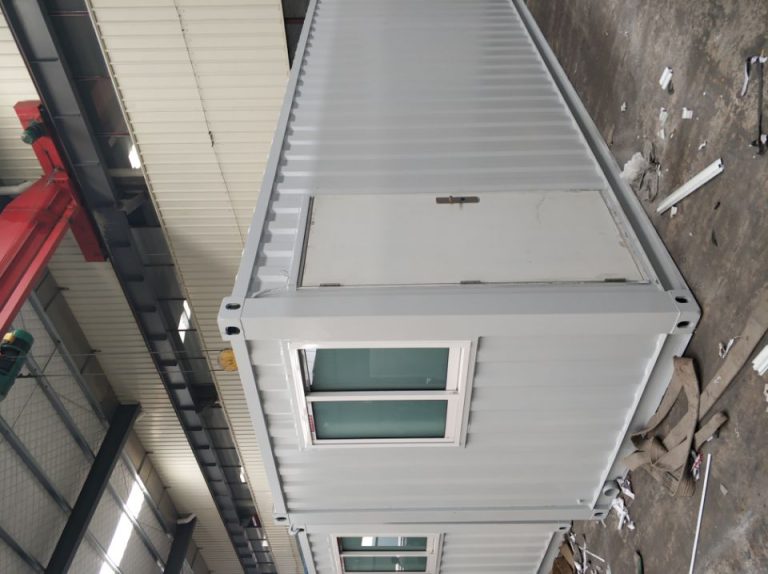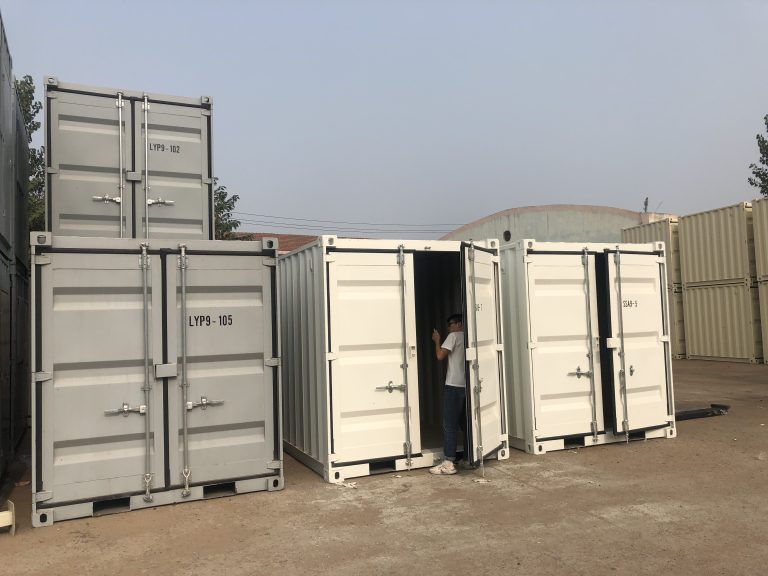How will the role of steel evolve in sustainable development and future technological advancements?
The Role of Steel in Sustainable Development
Steel has long been a crucial material in various industries, from construction to automotive manufacturing. Its strength, durability, and versatility have made it a staple in modern society. However, as the world shifts towards more sustainable practices and technologies, the role of steel is also evolving. In this article, we will explore how steel is adapting to meet the demands of sustainable development and future technological advancements.
One of the key challenges facing the steel industry is its environmental impact. The production of steel is energy-intensive and generates a significant amount of greenhouse gas emissions. In response to this, many steel manufacturers are investing in cleaner and more sustainable production methods. This includes using recycled steel, implementing energy-efficient technologies, and exploring alternative sources of energy such as renewable electricity.
Recycled steel, also known as scrap steel, is an important component of sustainable steel production. By using scrap steel instead of raw materials, manufacturers can reduce energy consumption, lower greenhouse gas emissions, and minimize waste. In fact, recycled steel can be used to produce new steel products without compromising on quality or performance. This not only helps to conserve natural resources but also reduces the environmental impact of steel production.
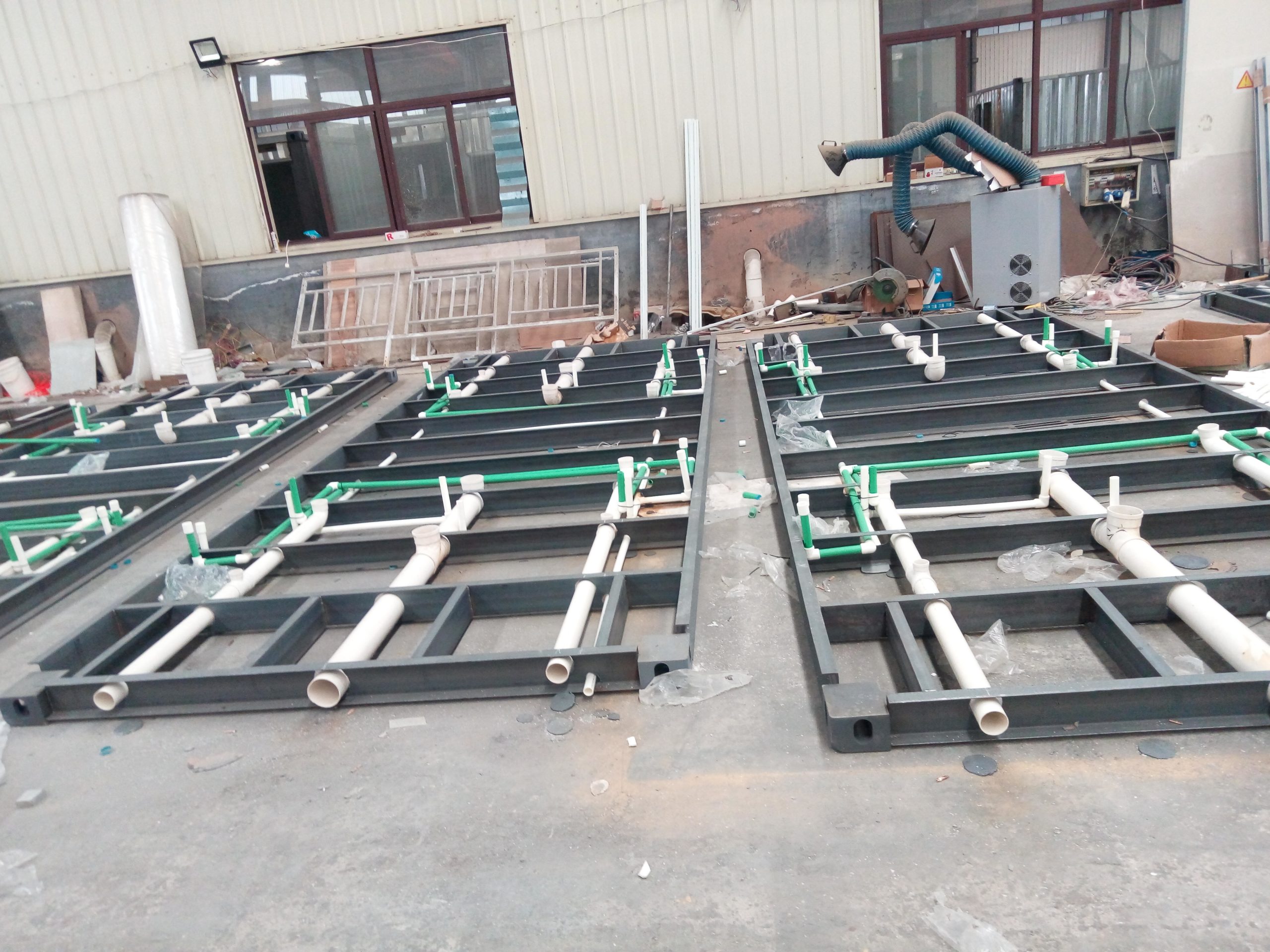
Energy-efficient technologies are another key aspect of sustainable steel production. By optimizing processes and reducing energy consumption, manufacturers can lower their carbon footprint and operating costs. This includes using advanced furnaces, heat recovery systems, and other innovative technologies to improve efficiency and reduce emissions. In addition, many steel companies are investing in renewable energy sources such as solar and wind power to further reduce their environmental impact.
Innovations in steel production are also driving the industry towards a more sustainable future. For example, the development of new steel alloys and coatings can improve the performance and longevity of steel products, reducing the need for frequent replacements and repairs. This not only saves resources but also reduces waste and emissions associated with manufacturing and disposal.
Furthermore, advancements in digital technologies are revolutionizing the way steel is produced and used. By leveraging data analytics, artificial intelligence, and automation, manufacturers can optimize processes, improve quality control, and reduce waste. This not only increases efficiency but also enhances the sustainability of steel production by minimizing resource consumption and emissions.
As the world continues to embrace sustainable development and technological advancements, the role of steel will undoubtedly evolve. By adopting cleaner production methods, using recycled materials, investing in energy-efficient technologies, and embracing digital innovations, the steel industry is poised to become more sustainable and environmentally friendly. This not only benefits the environment but also ensures the long-term viability of steel as a key material in future technological advancements.
In conclusion, the future of steel in sustainable development and technological advancements looks promising. By embracing innovation, investing in sustainability, and adopting cleaner production methods, the steel industry is well-positioned to meet the challenges of a rapidly changing world. As we continue to strive towards a more sustainable future, steel will play a crucial role in shaping the technologies and industries of tomorrow.

